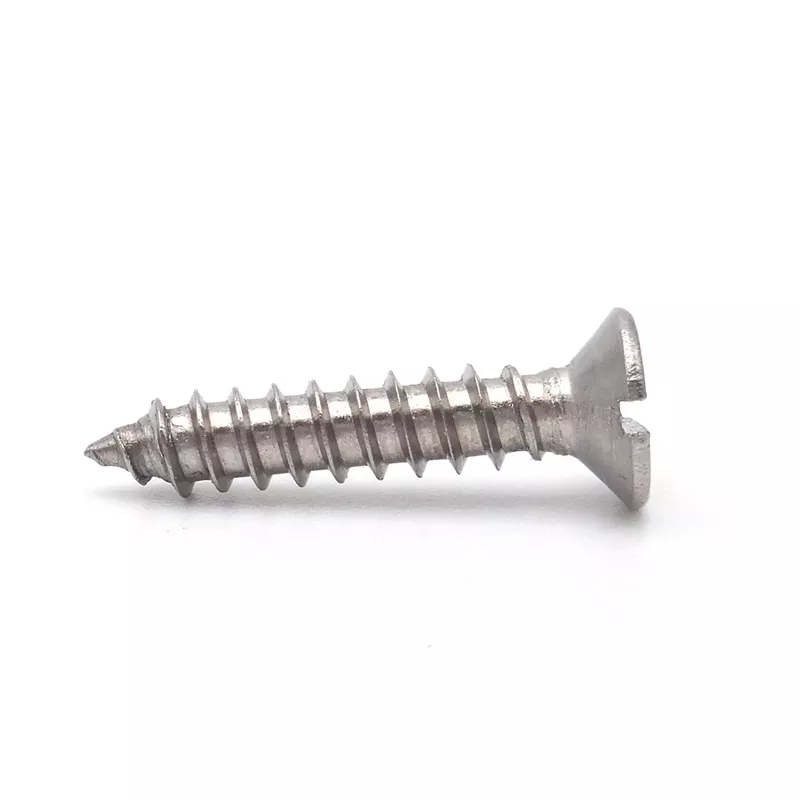- Time:2023/07/07 Posted:Dongguan prospect hardware accessories co.,ltd
Exploring the Benefits and Drawbacks of Self Drilling Screws
In the world of construction and DIY projects, screws play a crucial role in holding materials together securely. However, traditional screws often require pre-drilling before installation, which can be time-consuming and labor-intensive. This is where self-drilling screws come into play – they offer a convenient alternative that eliminates the need for pre-drilling. In this article, we will delve into the pros and cons of self-drilling screws to help you decide if they are worth investing in for your next project.

1. Efficiency and Time-saving
One of the key advantages of self-drilling screws is their efficiency. These screws feature a unique drill-like point, allowing them to create their own pilot hole as they are being driven into the material. This eliminates the need for pre-drilling, saving you valuable time and effort. Whether you are working on metal, wood, or plastic, self-drilling screws can significantly speed up your project, making them a preferred choice for many professionals and DIY enthusiasts.
2. Stronger and More Secure Connection
Self-drilling screws have a high thread engagement due to the self-drilling feature, resulting in a stronger and more secure connection. As the screw penetrates the material, it forms threads that tightly grip and hold everything together. This can be particularly advantageous when working with dense or thick materials, where traditional screws may struggle to achieve a secure hold. With their enhanced gripping power, self-drilling screws offer a reliable solution for structural integrity.
3. Compatibility and Versatility
Self-drilling screws are designed for a variety of applications and materials, making them versatile and convenient to use. Whether you are installing drywall, metal roofing, or composite decking, there are self-drilling screws specifically engineered for each task. Additionally, these screws are available in various sizes, lengths, and head types, ensuring compatibility with different project requirements. Their versatility makes them a go-to option for a wide range of construction and renovation projects.
4. Potential Drawbacks
While self-drilling screws offer numerous benefits, there are a few drawbacks to consider. First, they tend to be more expensive than traditional screws, primarily due to the technology and materials used in their manufacturing. Additionally, self-drilling screws require adequate pressure during installation to ensure proper drilling and threading. This means using a powered driver or drill is essential, which may not be suitable for all projects or settings. Lastly, if not used correctly, self-drilling screws can strip or break, jeopardizing the integrity of the connection.
In conclusion, self-drilling screws can be an excellent investment for projects that require efficiency, strength, and versatility. Their ability to eliminate the need for pre-drilling, increased holding power, and compatibility with various materials make them worth considering. However, their higher cost and the requirement for specific tools should be weighed against the project's needs. Ultimately, it is essential to evaluate the specific requirements of your project and decide if the benefits of self-drilling screws align with your goals and budget.
